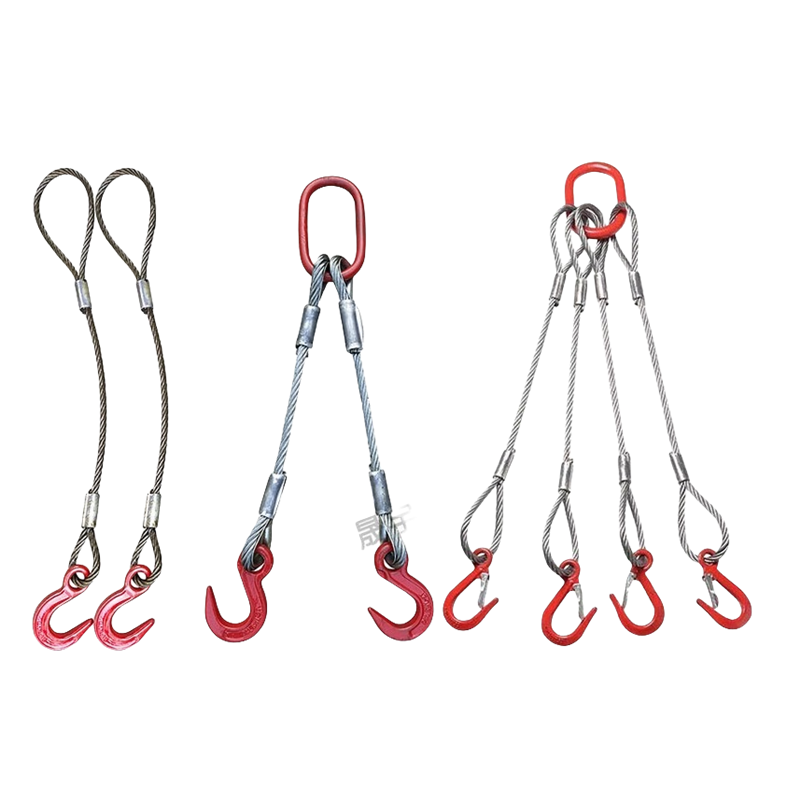
Stainless wire ropes are vital for their strength and corrosion resistance. Blogs offer insights for professionals and DIY enthusiasts on their uses and benefits. Here’s what you can typically expect to find in these blogs:
The manufacturing process of special steel wire ropes begins with the selection of raw materials. High-quality steel is chosen for its strength, durability, and resistance to corrosion. The steel is then subjected to a series of processes to enhance its properties and prepare it for the wire rope production.
Firstly, the steel is melted in a furnace and then cast into ingots. These ingots are then transported to a rolling mill, where they are heated and rolled into thin sheets. The sheets are further processed to remove any impurities and to achieve the desired level of hardness and strength.
Once the steel sheets have been prepared, they are cut into strips and fed into a drawing process. This process involves pulling the steel strips through a series of dies, which reduce their diameter and increase their tensile strength. The drawn steel wires are then coiled and wound onto spools, ready for the next stage of the manufacturing process.
The steel wires are then twisted together to form strands. This process involves passing the wires through a series of twisting machines, which create a tight, interlocking pattern that increases the rope’s strength and flexibility. The strands are then laid around a core, which can be made from either steel or synthetic materials, depending on the specific requirements of the application.
The core is coated with a protective layer to prevent corrosion and to enhance the rope’s overall performance. This coating can be made from a variety of materials, including galvanized steel, plastic, or even a combination of both. The coated core is then subjected to a series of heat treatments and inspections to ensure that it meets the required quality standards.
Finally, the steel wire ropes are subjected to a series of tension tests to ensure that they can withstand the forces they will encounter in their intended applications. The ropes are also inspected for any defects or irregularities that may compromise their performance.
In conclusion, the manufacturing process of special steel wire ropes is a complex and highly specialized operation that requires a deep understanding of materials science and engineering principles. The techniques and technology used in this process are continually evolving, as manufacturers strive to produce ropes that are stronger, more durable, and more versatile than ever before. As a result, special steel wire ropes continue to play a vital role in a wide range of industries, providing the strength and reliability that is essential for many critical applications.
Stainless wire ropes are vital for their strength and corrosion resistance. Blogs offer insights for professionals and DIY enthusiasts on their uses and benefits. Here’s what you can typically expect to find in these blogs: